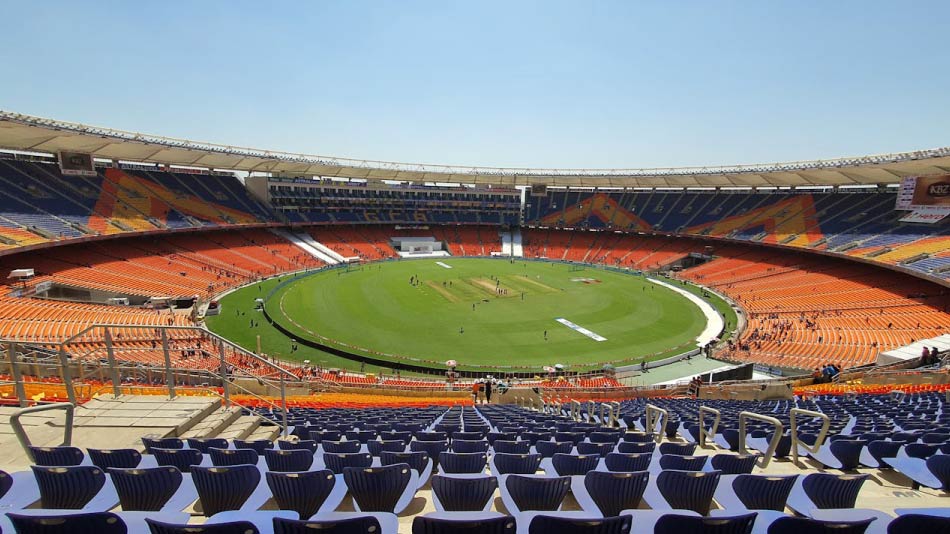Gambling is a global industry, with both online and offline forms generating billions of dollars annually. The industry’s regulatory framework varies significantly across countries, shaped by cultural, legal, and economic considerations. While some nations embrace gambling as a legitimate form of entertainment, others impose strict controls or outright bans.
In this article, we’ll examine Bangladesh’s gambling regulations, particularly those regarding online gambling, and compare them with those of other countries worldwide.

Bangladesh’s Stance on Gambling
Gambling in Bangladesh is largely illegal, governed by the Public Gambling Act of 1867. This colonial-era law prohibits most forms of gambling in the country, particularly gambling activities in public places or establishments. Despite its age, this legislation remains the legal foundation of Bangladesh’s stance on gambling.
Under this Act, anyone caught participating in gambling activities can face fines or imprisonment. The law explicitly prohibits running or being involved in any gaming house, which includes most forms of betting and games of chance. There are, however, exceptions for certain lotteries that the government sponsors for charitable purposes, but these are few and heavily regulated.
Bangladesh’s laws regarding online gambling remain murky. The Public Gambling Act was created long before the advent of the Internet, so it does not specifically address online betting or gambling. However, the government has also extended the gambling ban to online platforms. Access to gambling websites is restricted within Bangladesh, though many citizens circumvent these bans using Virtual Private Networks (VPNs) to place bets on international websites.
International Comparison of Gambling Regulations
Comparing Bangladesh’s gambling regulations with those of other countries is helpful for better understanding its position, as gambling laws vary widely worldwide.


1. United Kingdom
The United Kingdom is home to one of the most developed and regulated gambling markets in the world. The Gambling Act of 2005 regulates all forms of gambling, including both online and offline gambling. The UK Gambling Commission, established by this Act, is the primary regulatory authority and ensures that operators adhere to strict licensing conditions.
Online gambling, in particular, is legal and widely accessible in the UK. Operators must obtain a license from the UK Gambling Commission to offer their services to UK residents and comply with stringent requirements regarding player protection, advertising, and fairness. The Commission also takes a proactive role in promoting responsible gambling, ensuring that players have access to tools to set limits and self-exclude from platforms if necessary.
This legal, well-regulated market stands in sharp contrast to Bangladesh’s prohibitionist approach.
2. United States
The United States presents a patchwork of gambling regulations, with each state having its laws and regulations. Historically, gambling was restricted by federal laws like the Professional and Amateur Sports Protection Act (PASPA) of 1992, which banned sports betting in most states. However, in 2018, the Supreme Court struck down PASPA, giving states the freedom to legalize and regulate sports betting if they choose to do so.
Today, online gambling is legal in some states, like New Jersey, Pennsylvania, and Michigan, where residents can engage in both online casino games and sports betting. Other states, however, still maintain strict prohibitions. Like the UK, the United States emphasizes responsible gambling with measures such as deposit limits and self-exclusion programs.
In terms of regulation, U.S. states that have legalized online gambling enforce licensing requirements, ensure that games are fair, and mandate measures to protect consumers. For example, New Jersey’s Division of Gaming Enforcement is known for its rigorous oversight of online gambling operators.
3. Australia
Australia is another country with a robust framework for gambling regulation, overseen by both federal and state authorities. The Interactive Gambling Act of 2001 governs online gambling in the country. While online casinos are prohibited from offering services to Australian residents, sports betting and lotteries are legal, provided they are licensed and regulated by the relevant authorities.
One unique aspect of Australian gambling regulation is the strong emphasis on harm minimization. Australia has one of the highest rates of gambling participation in the world, which has led to concerns about problem gambling. As a result, the government requires operators to provide self-exclusion tools, offer clear information about the risks of gambling, and adhere to responsible advertising guidelines.
Comparatively, Bangladesh’s approach is far more restrictive, with no framework for harm minimization or responsible gambling, as gambling is simply not allowed.
4. Singapore
Singapore offers a contrasting example to both the permissive models of the UK and Australia and the prohibitive stance of Bangladesh. Singapore allows gambling but under strict regulatory oversight. The Remote Gambling Act of 2014 regulates all forms of online gambling, and only a few operators, such as Singapore Pools, are allowed to offer online betting services.
Singapore’s gambling regulations are designed to limit the social harm caused by gambling. As a result, access to online gambling sites is tightly controlled, and the government enforces stringent licensing requirements for operators. Additionally, the government encourages responsible gambling through education campaigns and intervention programs aimed at problem gamblers.
Key Differences in Bangladesh’s Online Gambling Regulations
When we compare Bangladesh’s online gambling regulations to those in countries like the UK, United States, Australia, and Singapore, several key differences stand out:
- Prohibition vs. Regulation: While Bangladesh prohibits gambling, many countries regulate it and ensure that operators meet certain standards for fairness, transparency, and consumer protection. In countries like the UK and parts of the US, online gambling is legal and well-regulated, providing players with a safe environment in which to bet.
- Lack of Modernization: Bangladesh’s gambling laws, based on legislation passed in 1867, are outdated. These laws do not account for the realities of the modern world, including the rise of the internet and online gambling. In contrast, countries like the UK and Australia have updated their gambling regulations to address online gambling explicitly.
- Player Protection: Countries that regulate online gambling typically have robust measures to protect players from fraud, addiction, and unfair practices. For instance, self-exclusion programs, deposit limits, and responsible advertising are standard in places like the UK and Australia. Bangladesh, by contrast, offers no such protections, as gambling is illegal and unregulated.
- Economic Opportunity: Many countries see gambling as an opportunity to generate revenue through taxes and licensing fees. For instance, the UK and the US benefit from the large revenues the gambling industry generates while ensuring operators contribute to public welfare through responsible gambling initiatives. Bangladesh, by prohibiting gambling, misses out on this economic opportunity.
The Impact of Cultural and Religious Values on Gambling Regulations
In comparing Bangladesh’s gambling regulations with those of other countries, it’s important to recognize the significant role that cultural and religious values play in shaping legal frameworks. Bangladesh, as a predominantly Muslim country, has aligned its gambling laws with Islamic principles, which generally prohibit games of chance. This is similar to other Muslim-majority countries such as Saudi Arabia and Pakistan, where gambling is outright banned.
Conversely, countries with more secular legal systems, such as the United Kingdom and many parts of Europe, tend to take a more permissive approach. These countries focus on regulating the industry to ensure fairness and consumer protection rather than prohibiting gambling outright.
The Future of Gambling in Bangladesh
The rise of the internet and online gambling presents a unique challenge for countries like Bangladesh, where traditional laws have not kept pace with technological advancements. While the government has taken steps to block access to online gambling platforms, enforcement remains difficult in the digital age. This could potentially lead to a reevaluation of the country’s gambling laws, especially as international pressure and domestic demand for online gambling services continue to grow.
As seen in other countries, such as India and Singapore, regulatory frameworks can evolve to allow certain forms of gambling while maintaining restrictions on others. Bangladesh may eventually follow suit, creating a more nuanced legal approach to online gambling that balances regulation with social and cultural concerns.
While gambling remains illegal in Bangladesh under outdated colonial-era laws, many countries around the world have adopted more modern approaches to gambling regulation. Whether it’s the permissive markets in the UK or the highly regulated environments in Singapore and Australia, these countries have recognized the need to balance economic opportunities with responsible gambling practices.
On the other hand, Bangladesh faces the challenge of navigating its cultural opposition to gambling while addressing the realities of the modern digital landscape. Only time will tell if the country will choose to reform its regulations or continue enforcing its long-standing prohibition on gambling.





